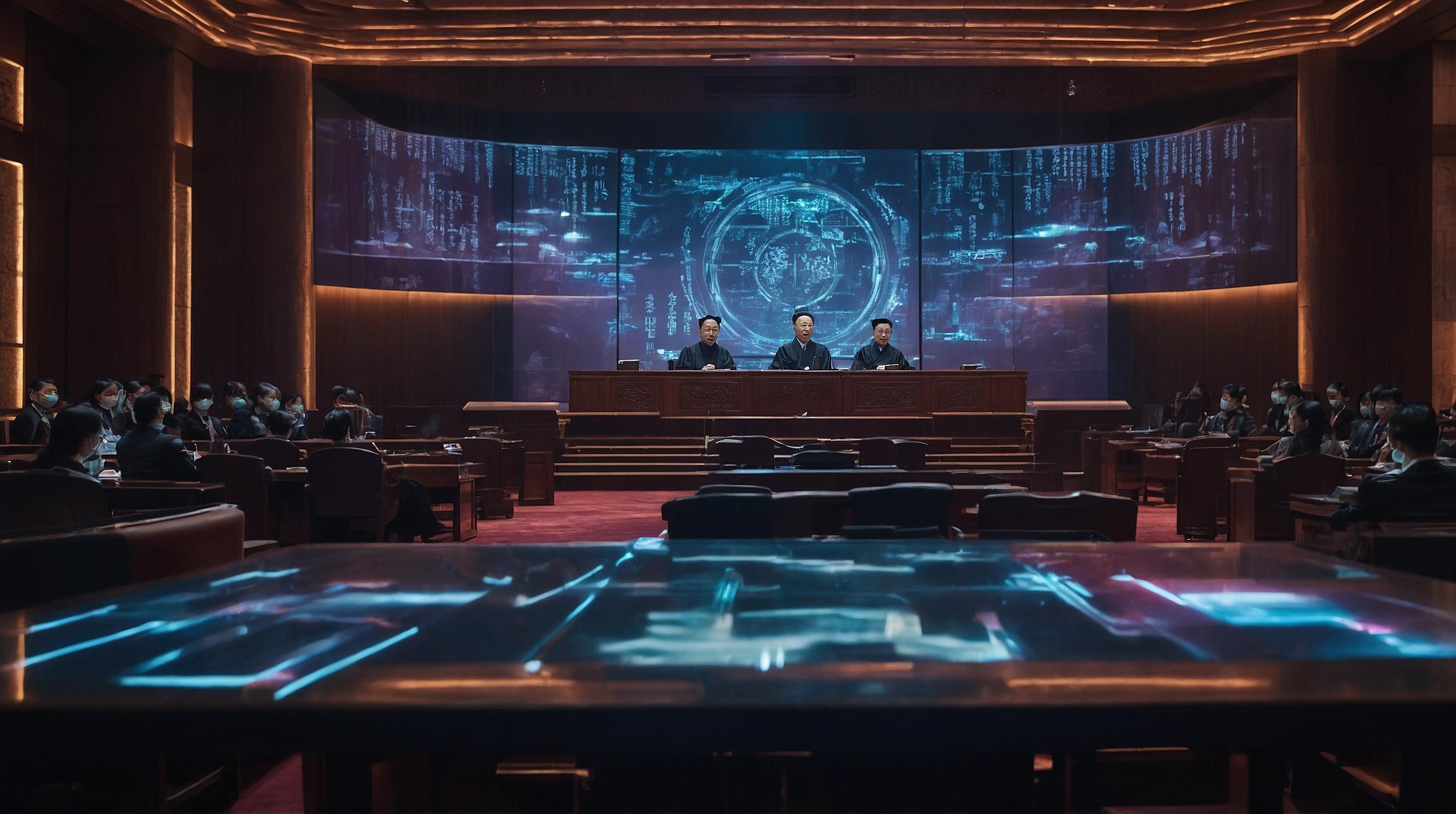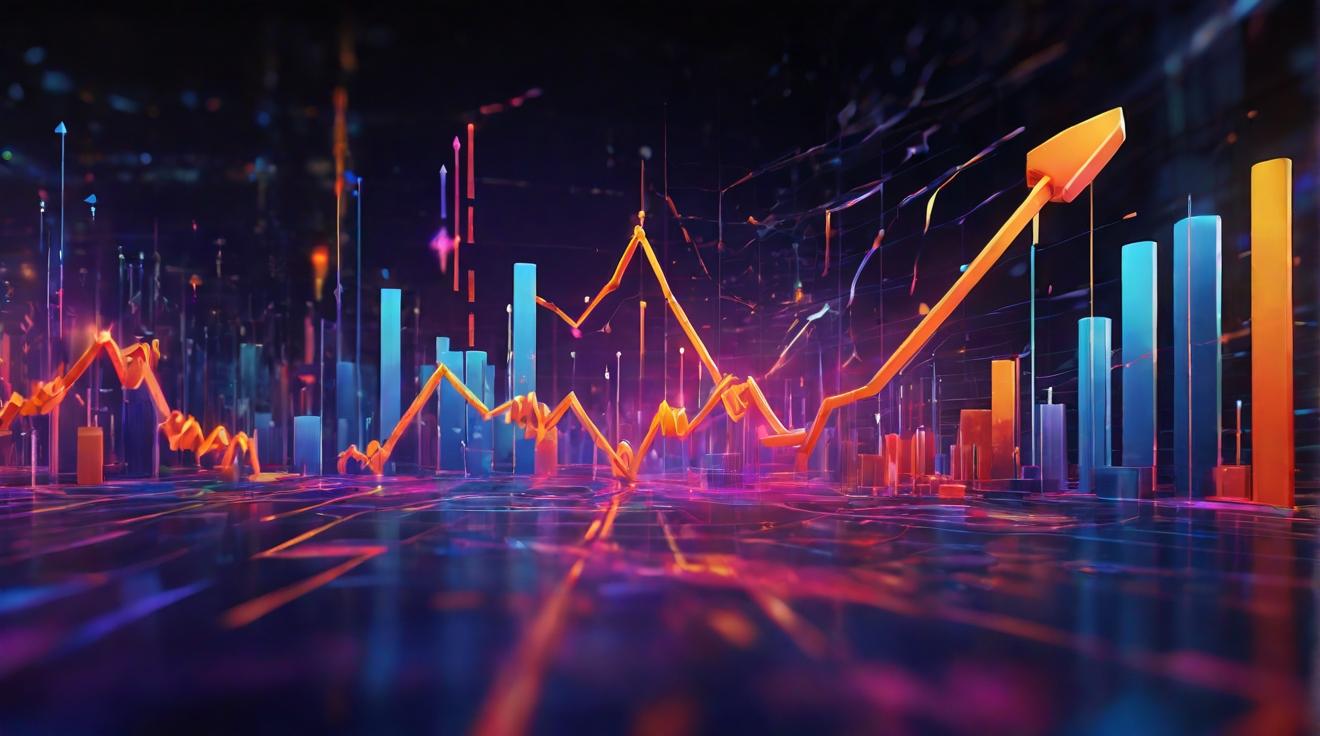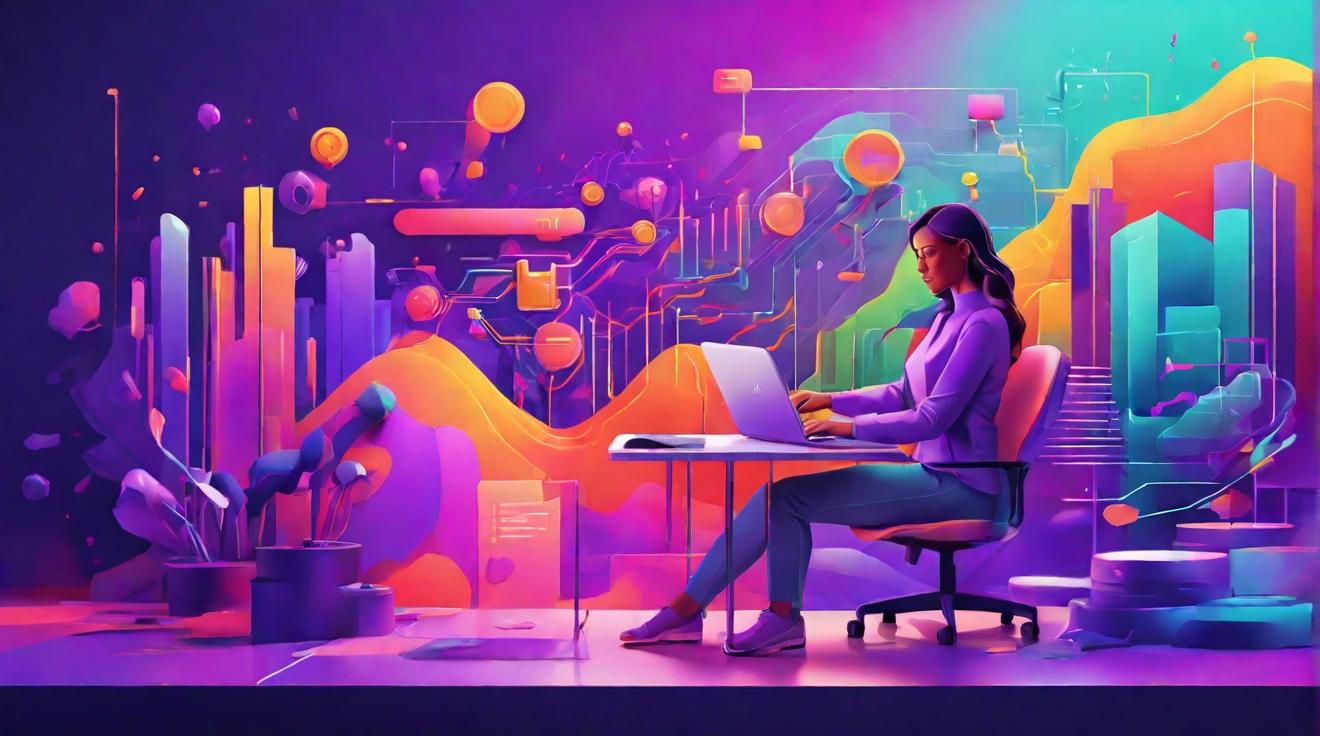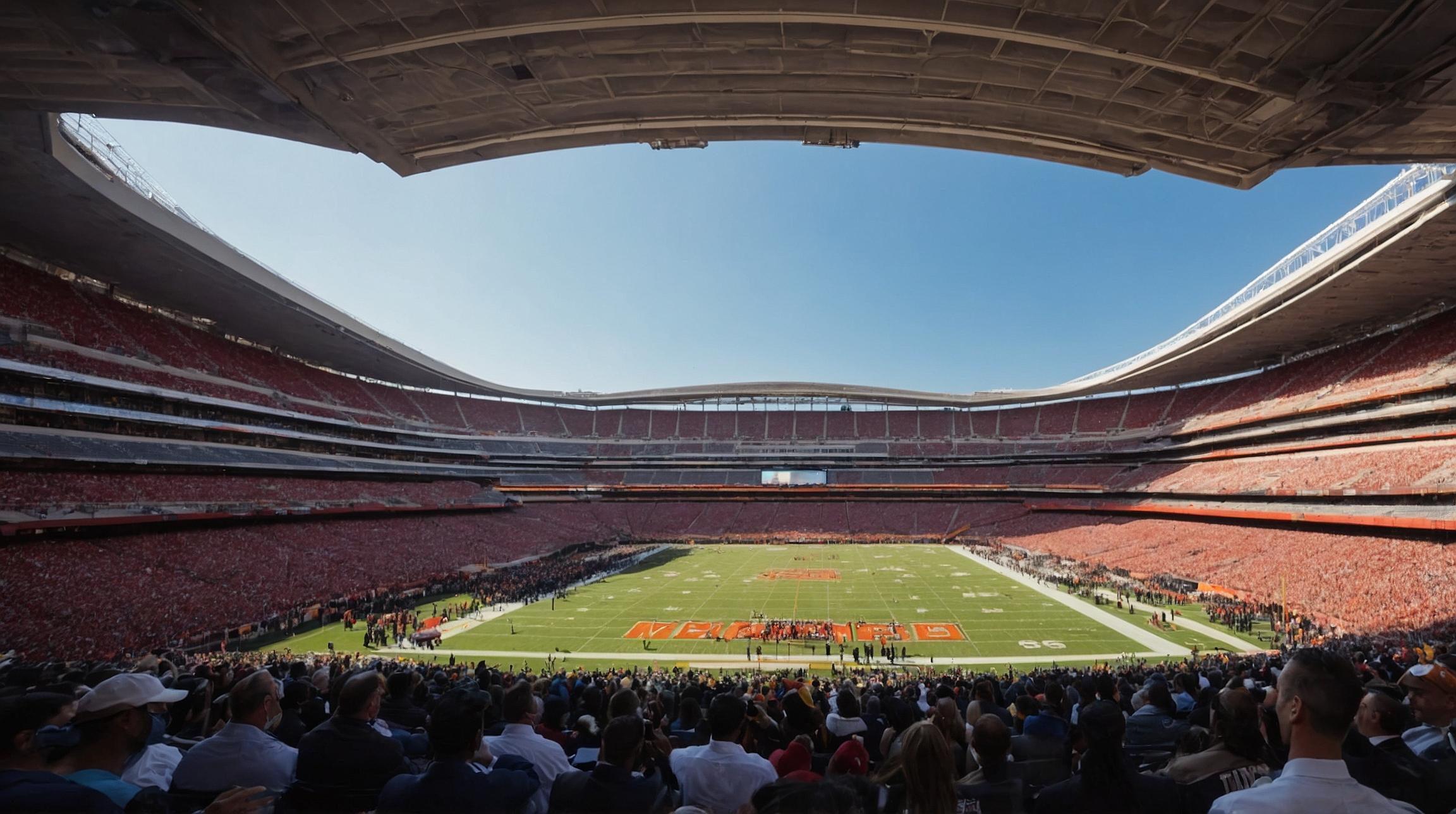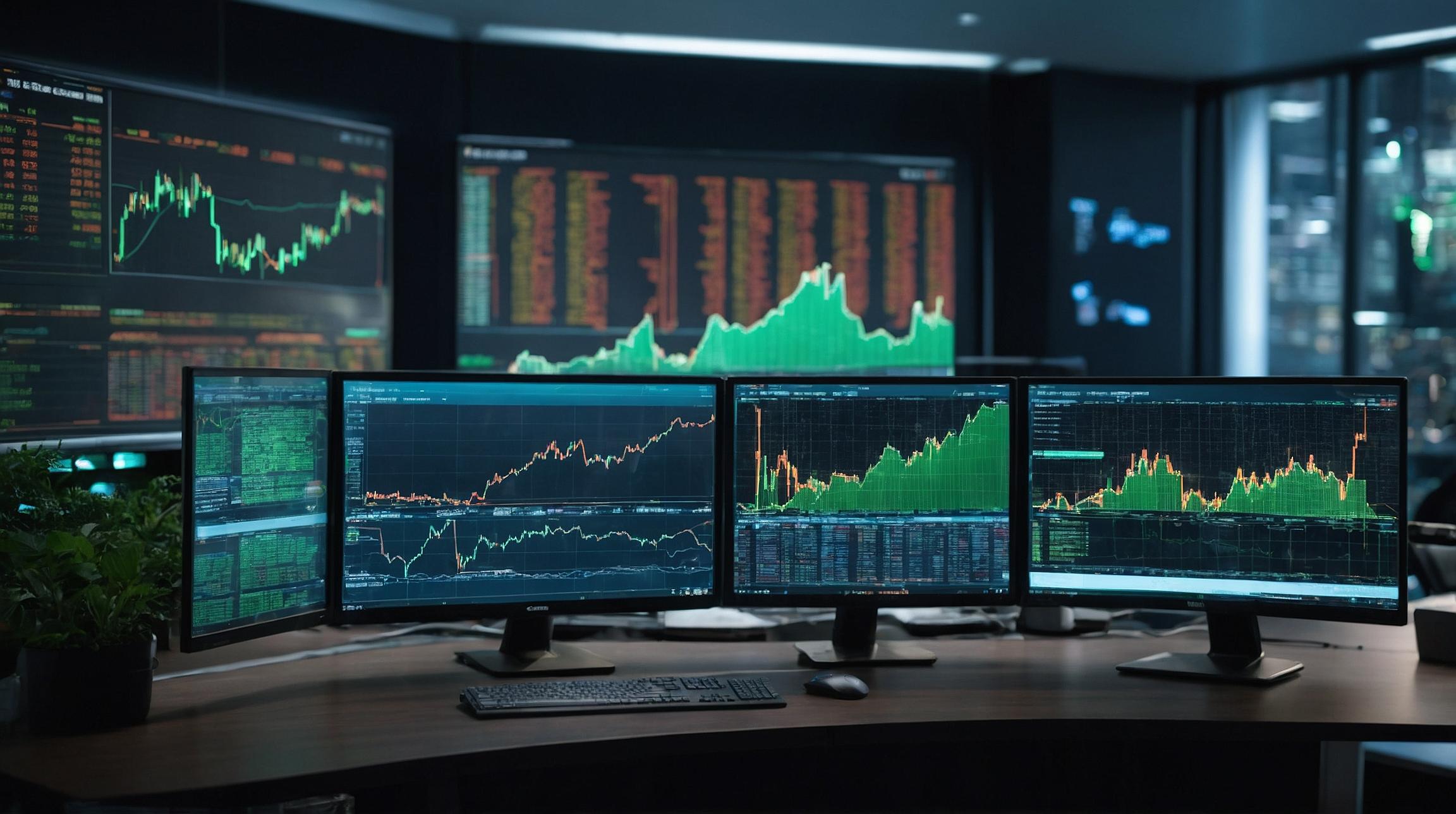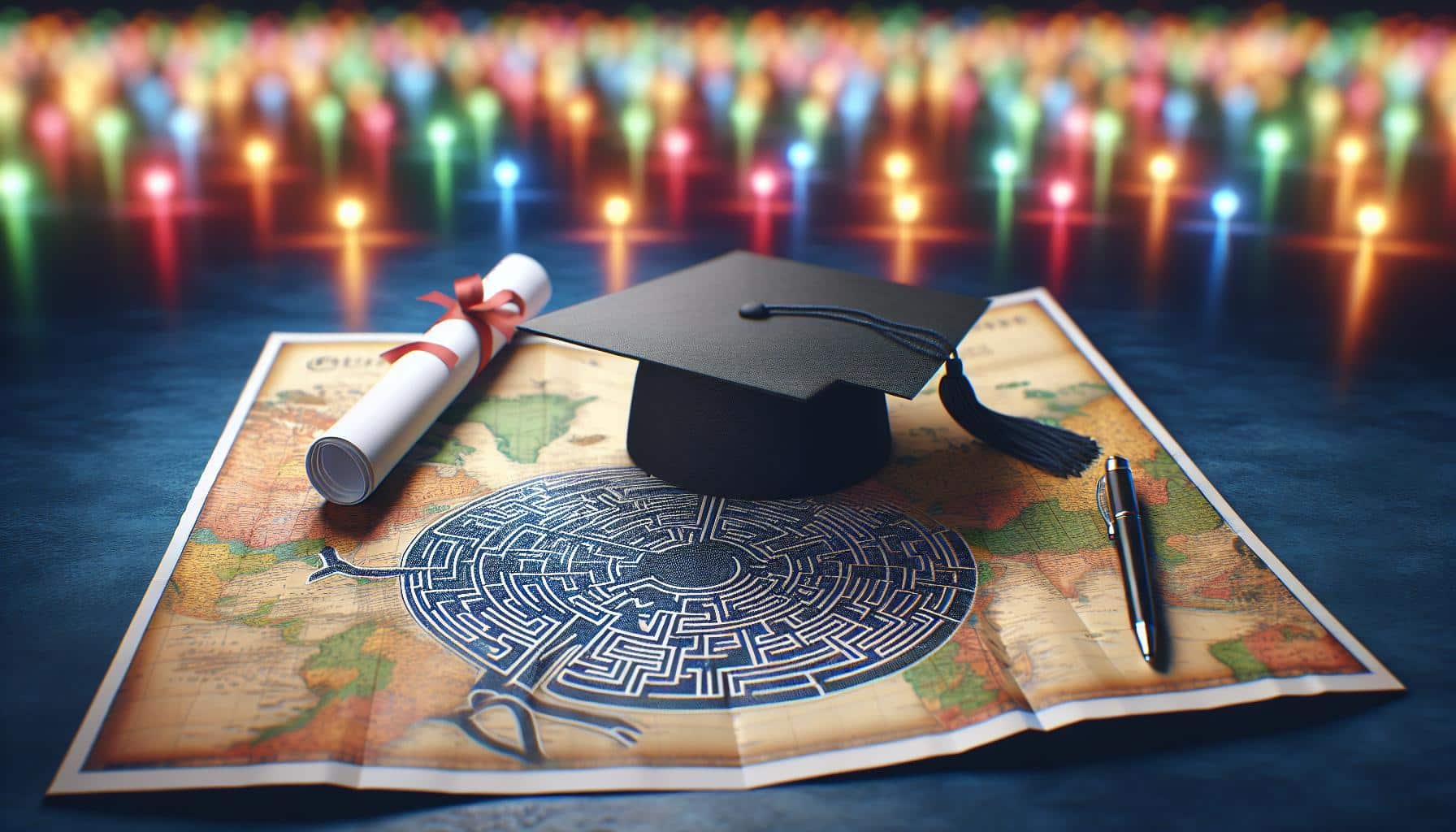China is taking significant steps in the field of artificial intelligence (AI), specifically in setting legal precedents that may shape global standards. Recent court rulings in China, particularly regarding generative AI, highlight Beijing's strategic move to define and lead the technology's future.
Chinese Courts Lead the Charge
In a landmark case, a Beijing court ruled on the right to one's voice in the context of AI. A voice actor brought a lawsuit against several companies for the unauthorized use of AI to replicate their voice. The court's decision to award 250,000 yuan ($35,000) in damages to the plaintiff sets a critical precedent for similar intellectual property disputes. This case illustrates China's proactive approach to addressing the legal challenges posed by AI technologies.
Why This Matters
The rapid development of AI technology has outpaced existing legal frameworks worldwide. China's court rulings are among the first to address specific issues related to AI, such as the protection of personal rights and intellectual property. By setting these precedents, China aims to establish itself as a leader in AI governance and influence international standards.
Implications for Global Standards
China's actions could spur other countries to develop their own legal standards for AI technologies. As AI becomes increasingly integrated into various industries, the need for well-defined legal frameworks becomes more pressing. China's early rulings could serve as a model for other nations, driving a global dialogue on AI regulation.
What This Means for the Future
For individuals and businesses, understanding these legal developments is crucial. Companies employing AI must navigate these new legal landscapes to avoid potential infringements. Meanwhile, individuals can take comfort in knowing that their rights are being considered in the face of technological innovation.
In summary, China's approach to AI legality is not just about technology but about setting a course for international standards. As Beijing continues to issue rulings, the world will be watching closely to see how these precedents impact the global tech industry.





